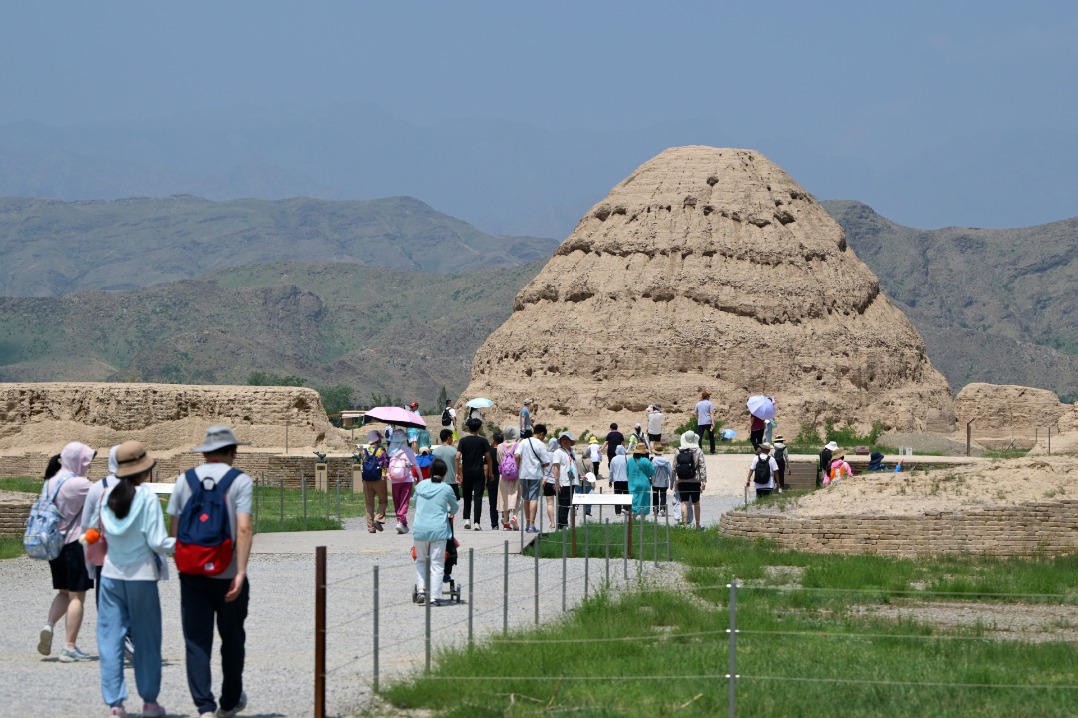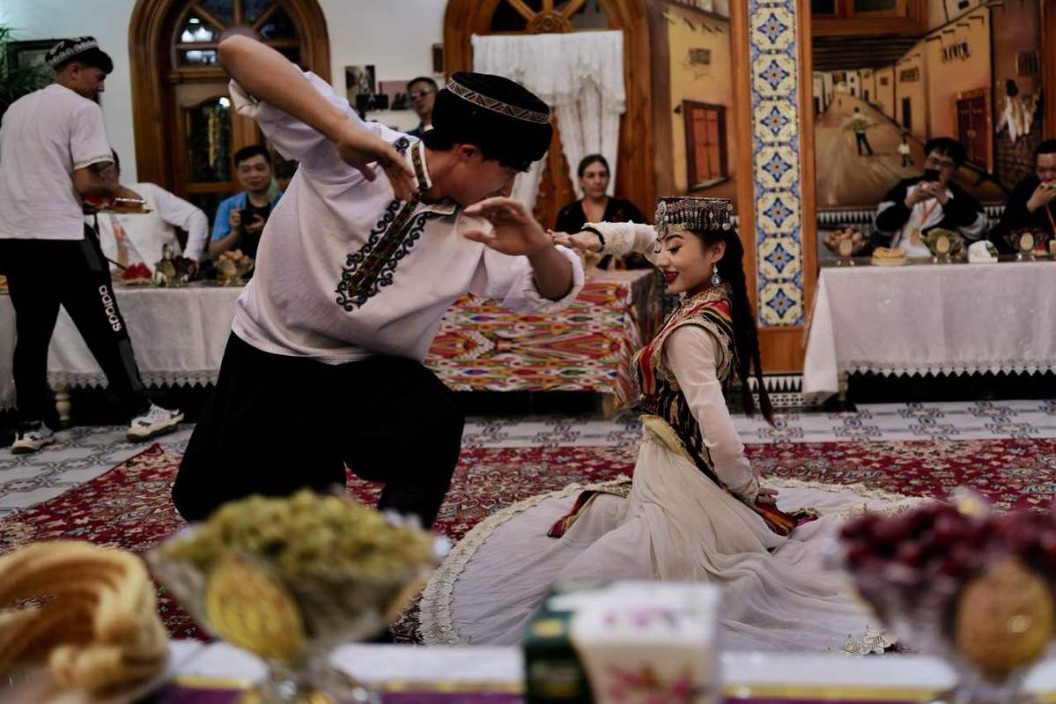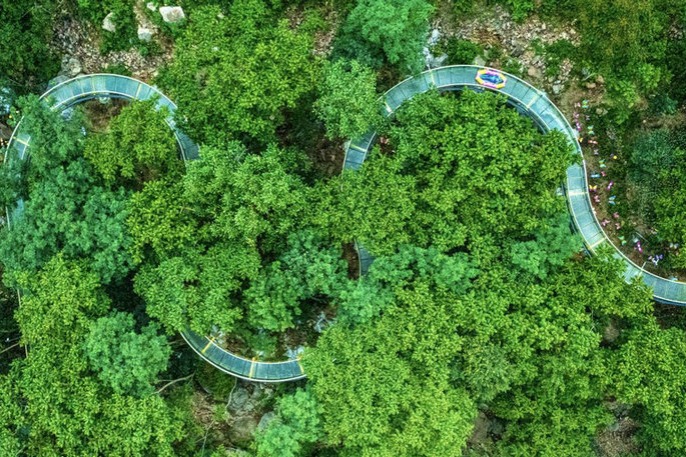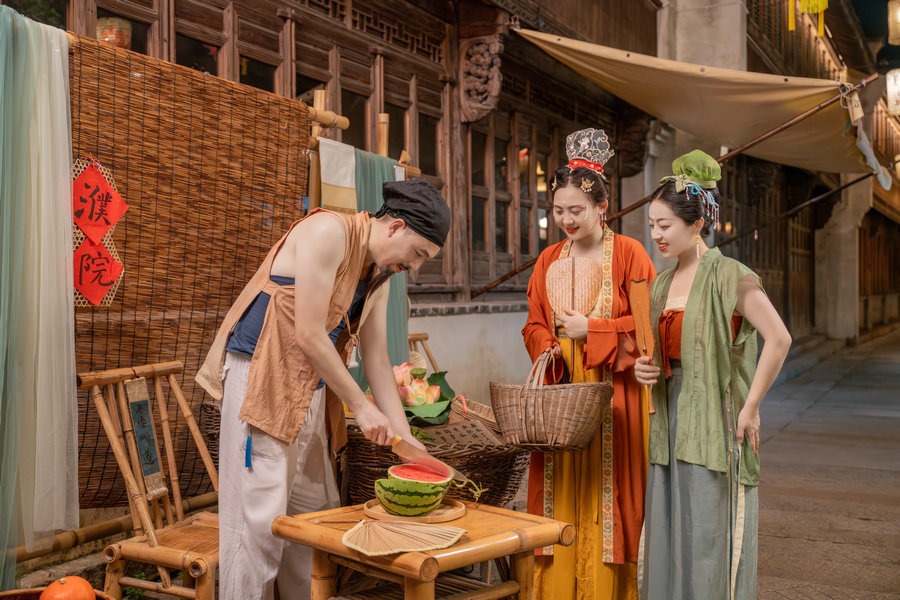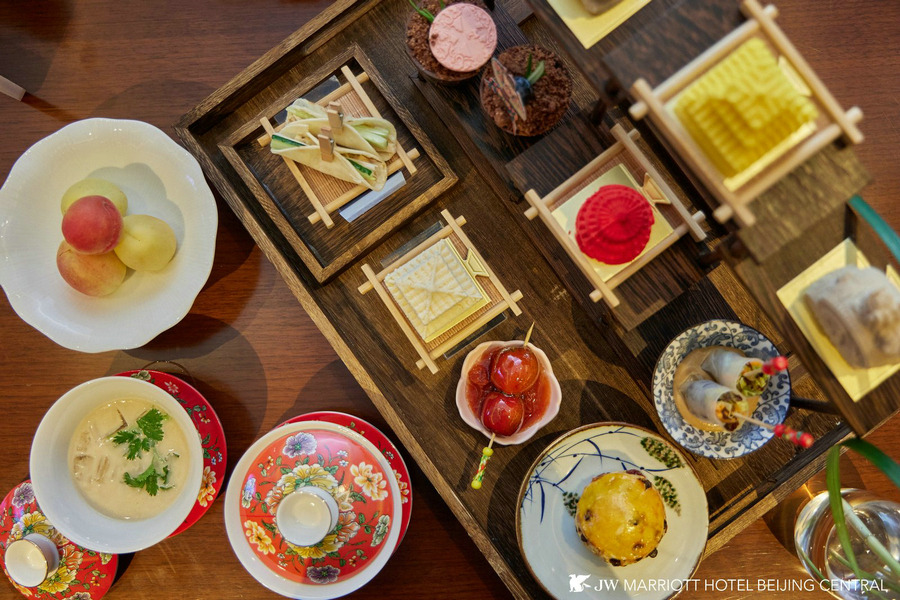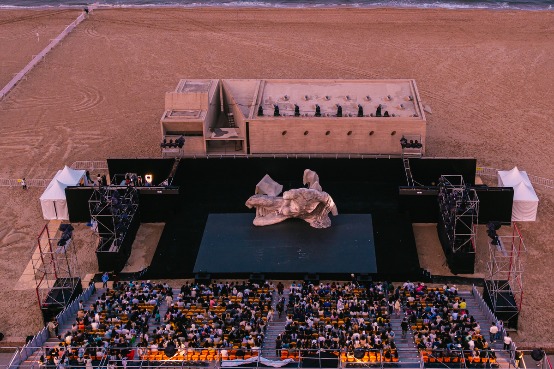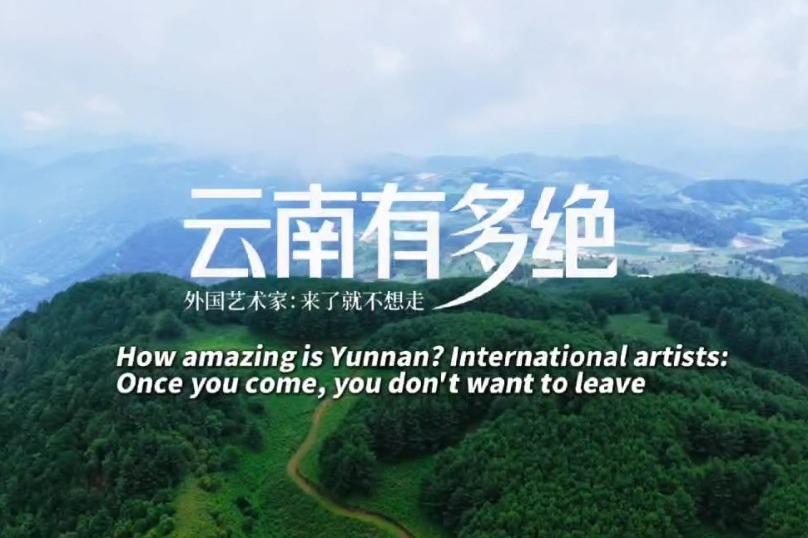Qi remains a beacon of ancient prosperity


Home of football
While the Qi state may have missed the cultural opportunities offered by the famous Eurasian trade route by decades, one of its creations is, to this day, used as an important platform to connect people around the world - football.
Cuju, literally translated as "kick ball," is an ancient iteration of the world's favorite sport and, according to multiple historical records, it was first played as public entertainment in Linzi, before later being used for military fitness training. The ball was made of four pieces of animal hide, stitched together and filled with furs.
In 2004, Linzi was designated by FIFA as the wellspring of football and the true home of "the beautiful game."
Consequently, it seems somewhat fitting that a Football Museum has been established as a way to connect the area's rich cultural past with today.
About 30,000 artifacts have been collected by the museum to offer a clear introduction about how cuju evolved and became popular in ancient China.
The development of the ball from a four-piece construction to a more complicated 12-piece design is also shown. During the Tang Dynasty (618-907), the ball was no longer filled with furs, and inflated pig bladders were introduced to give the ball more resilience and buoyancy, enabling them to fly through the air rather than simply roll along the ground.
The Northern Song Dynasty (960-1127) ushered a national cuju championship, which was held on the top of a mountain.
During President Xi Jinping's visit to the United Kingdom in 2015, he presented a copper statue of a cuju player to then British prime minister David Cameron, a replica of which displayed in the museum.
I am lucky to arrive just in time to watch a performance depicting an ancient cuju match, played between a red team and a blue team - who knows? Maybe back then there was also a blue-red rivalry as fierce as today's Manchester derby.
After President Xi's state visit in 2015, an annual football symposium was launched, alternately hosted in Linzi and Manchester, to explore cooperation of the two country's footballing industries, also strengthening the emotional bond between the birthplaces of ancient and modern football.
The museum, though, is not only about the ancient version of the game. Every season, before all tiers of the Chinese professional football leagues kick off, ball-picking ceremonies are held in the museum to pay homage to this birthplace of the sport.
As a football fan myself, I am pleased to also see exhibits related to the FIFA World Cup on the second floor of the museum.
However, when I take a rest on the veranda and glimpse out at the horizon, my thoughts are immediately pulled back to the imagination of the Qi state.
















